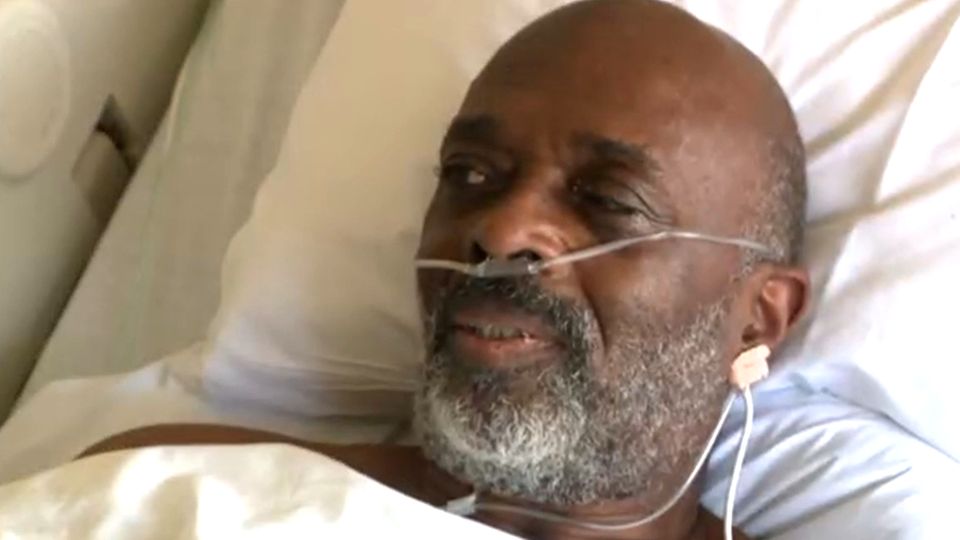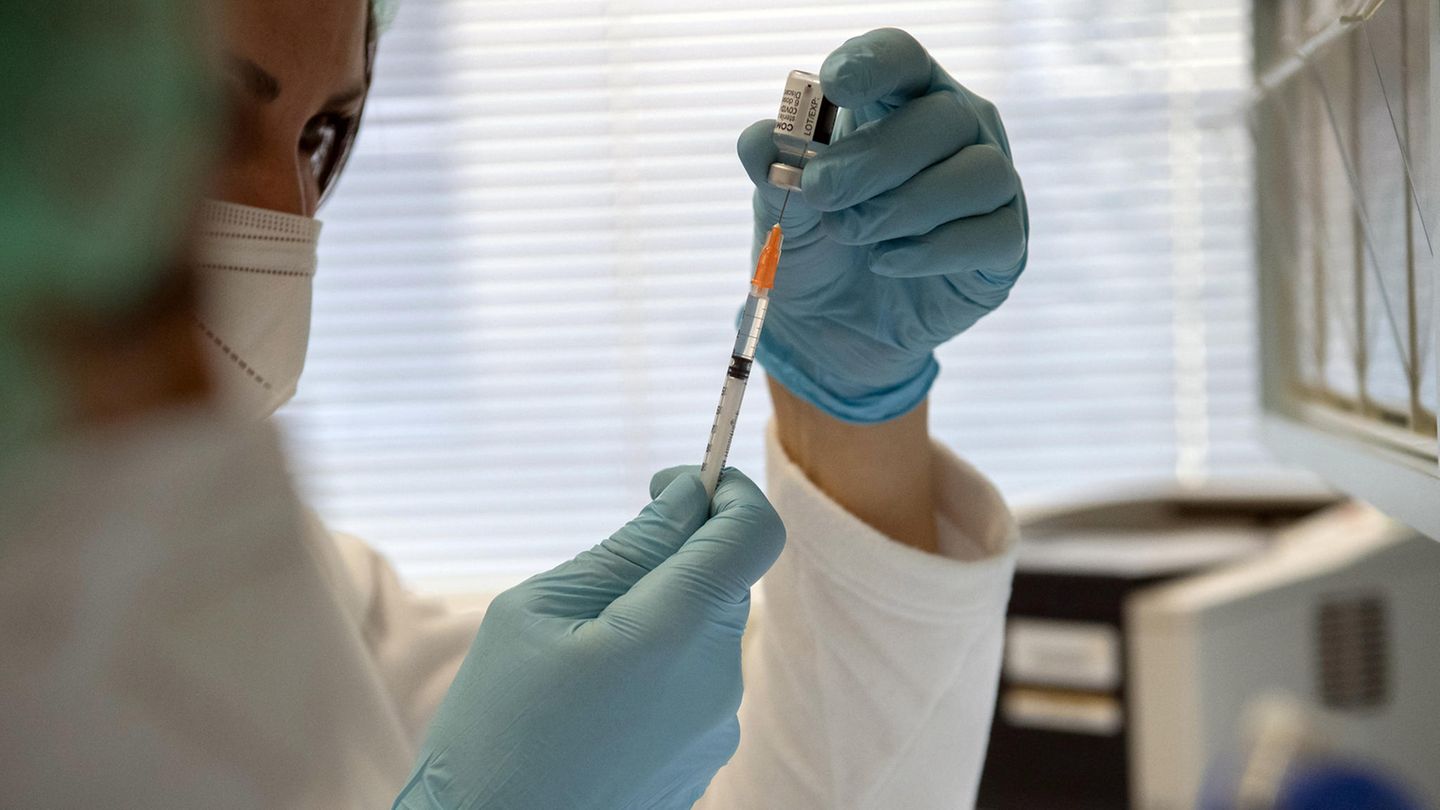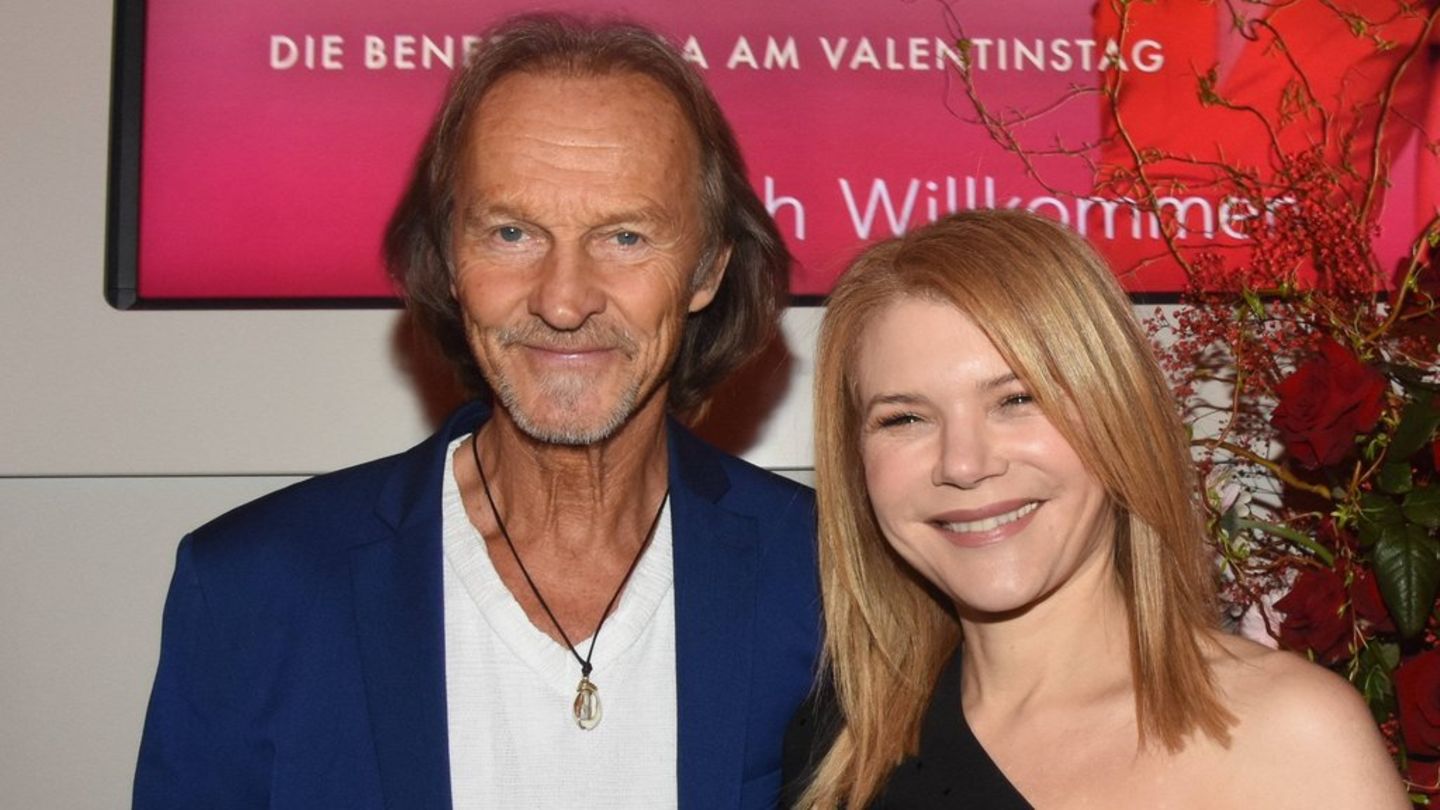Time and again, viral stories try to sow doubts about vaccines or political decisions. Current research shows that there is a whole industry behind it.
The immoral offer made headlines worldwide: The two Youtubers Mirko Drotschmann from Germany and Léo Grasset from France made public that they should spread doubts about the effectiveness of Biontech’s Covid vaccine in exchange for money. It is not an isolated case: Targeted disinformation campaigns have long since become big business.
“There is – unfortunately – a very high demand for misinformation,” Graham Brookie told the New York Times. “And there are many who are more than ready to meet this demand.” Brookie investigates disinformation campaigns around the world for the Atlantic Council, a US think tank. “It’s a booming industry,” he says with certainty.
Social media as a propaganda amplifier
The procedure is mostly similar. The companies make use of the means of modern social media to reach many people with little effort or money, relying on the loud theses spreading by themselves. It’s not necessarily about really convincing people, said Jakub Kalensky from the Atlantic Council to “ZDF”. To sow doubt is enough. “The target group of such operations usually says at the end: ‘Everyone says something different, I will never find out the truth.’ This is the best possible result for information aggressors. ”
The Atlantic Council observed campaigns around the world, with very different goals. In addition to those against vaccines, he mentions examples of anti-American sentiment in Iraq, support for political candidates in South America and the Central African Republic, in which two opposing campaigns competed simultaneously for the influence of France and Russia in local politics. In China, a whole network of news sites and social media accounts tried to create a mood against the protests in Hong Kong and for Taiwan to join.
Thriving industry
Since the success of Cambridge Analytica, co-founded by Donald Trump’s campaign leader Steve Bannon, an entire industry has emerged that offers disinformation as a service. The individual companies are difficult to pin down. Officially, according to the “New York Times”, these are often companies that offer e-mail campaigns as official products. The Fazze agency, which apparently belongs to the Russian advertising group Adnow, is behind the anti-Biontech campaign. Media accounts deleted, reports the “BBC”.

Others of the companies also operate around the globe. A company from Malaysia was probably behind the Chinese operation and, according to the New York Times, it wanted to pay in Singapore dollars. The pro-government campaign in India, on the other hand, was controlled from Canada. The company Press Monitor had operated a portal that supposedly was supposed to pillory false reports from traditional Indian media – but was diligently disseminating false information itself. When faced with the allegation, the company initially did not respond. And then simply denied that the Toronto-registered company was based in Canada.
Brookie finds one development particularly worrying: “It is increasing that disinformation services are hired by government agencies or actors bordering on governments, and this has to be taken seriously,” he says. Outsourcing propaganda activities has several advantages for states. On the one hand, the external service providers are simply cheaper than employing specialized secret services. On the other hand, the opaque company networks make it easier to deny participation in the campaigns.
Rich thanks to disinformation
But there is not a state actor behind every campaign. While the Russian state is suspected to be the mastermind in the Fazze campaign against Biontech because of similar formulations in the PR material for the Sputnik-V vaccine, one of the biggest opponents of vaccinations on the Internet has a completely different motivation: he himself earns money from vaccination doubters.
The osteopath Dr. Joseph Mercola is considered to be one of the most important anti-vaccinations on the Internet. According to a study by the non-governmental organization Center for Counter for Countering Digital Hate, only twelve people worldwide are responsible for 65 percent of all vaccination-critical content online. At the top is Mercola, his girlfriend Erin Elizabeth follows in 7th place.
Mercola has been campaigning against vaccinations for decades. With Covid he put in the turbo: he published more than 600 articles on the subject of Covid vaccinations, determined the “New York Times”. According to former employees, he attaches great importance to the virality of the topics, tests several titles of the posts and translates the messages into almost a dozen languages, such as Spanish or Polish, in order to maximize their reach, reports the newspaper. The motivation is not difficult to guess: Mercola sells numerous “natural alternatives” to vaccinations, according to the Washington Post as early as 2017, he said that he made more than 100 million dollars with them.
Headwind
The fact that the campaigns work so well is also due to the fact that it is visibly difficult for large companies such as Facebook or Youtube to take effective action against incorrect information. In the context of the Corona crisis, the Internet companies have started to block more posts from vaccination doubters if they are clearly sharing incorrect information. But the rules are bypassed again and again by skilled actors like Mercola.
The current evaluation of the start-up Activefence shows that the problem will remain with us for a while: the company is said to be worth $ 500 million after a current financing round. His service: Detect malicious campaigns on the Internet at an early stage – and give the major services enough time to react to them. The arms race has only just begun.
David William is a talented author who has made a name for himself in the world of writing. He is a professional author who writes on a wide range of topics, from general interest to opinion news. David is currently working as a writer at 24 hours worlds where he brings his unique perspective and in-depth research to his articles, making them both informative and engaging.




